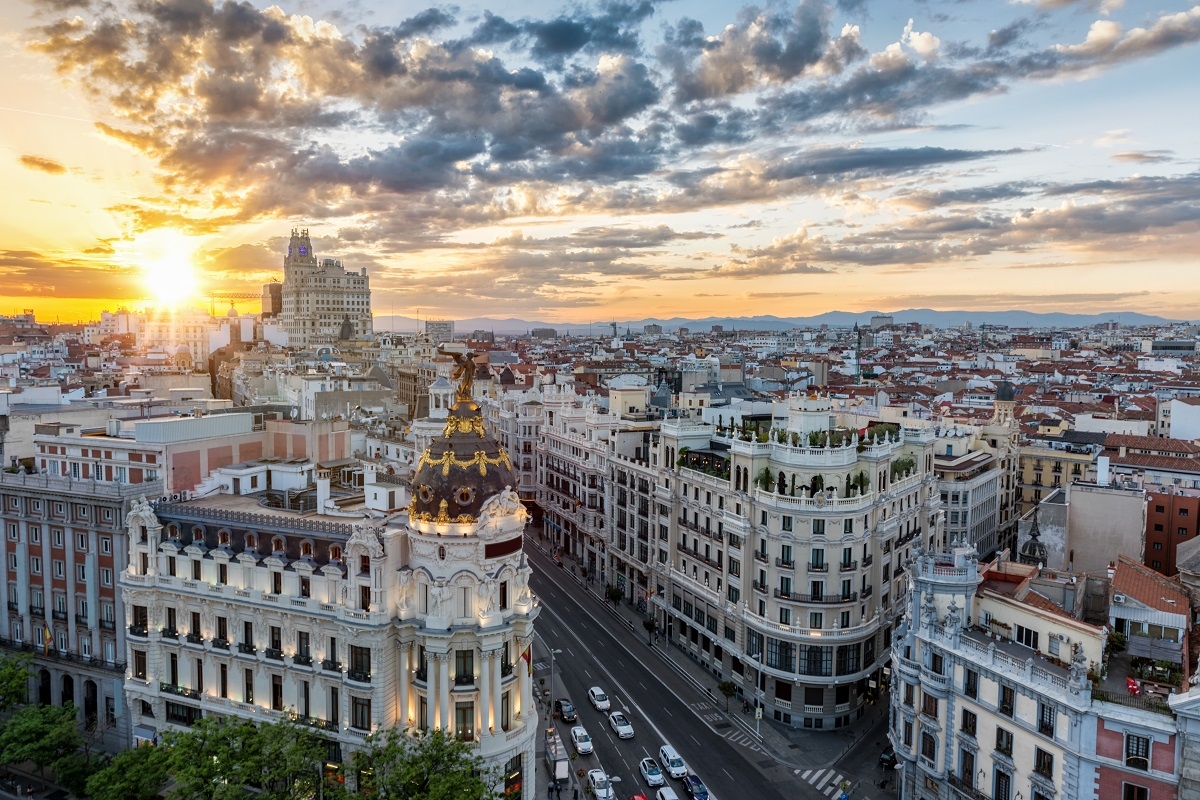

Resorts in Brazil resume growth after months
At the beginning of the pandemic, mainly from April to June, many hotels ceased their activities and temporarily closed their doors. However, as of August last year, there was a resumption of operations with a strong recovery in the leisure sector, which was positive in both volume and revenue.
José Romeu Ferraz Neto, president of FIABCI-BRASIL and also president of Txai Resorts, says that in 2020 the hotel remained closed for five months. With the resumption of activities, the annual impact was 16% less in terms of occupation, however, there was a drop of only 5% in revenue.
“Our hotel presented this reasonable result because it is large and there is a distance between people. This drew the attention of the guests and led us to have a very high demand from August, even above what we imagined ”, he says.
According to the executive, before the pandemic the average stay of each guest in the hotel was around four days, but, after the reopening, that number varied between ten to fifteen days, significantly increasing the consumption of guests.
“In relation to billing, I can add one more item, which was certainly the most determinant: we have two condos linked to the hotel and at this time of year these houses are not used much, but due to the pandemic, they were full, with consumption that was not foreseen ”, he explains.
Difficulties for international travel benefited domestic tourism
For Neto, the decrease and restriction of flights greatly helped domestic tourism, causing the vast majority of resorts and hotels to have very high occupancy, but the executive believes that when the situation returns to normal, many people will choose to travel outside.
“However, even if the level of occupation decreases, it will remain higher than it was before the pandemic, considering that there was an additional gain in the face of the new markets that have emerged here in Brazil”, he counters.
During the pandemic, some measures were implemented by the resorts to ensure greater safety for guests and also for employees, among which is the limited capacity used.
The average operational capacity of the enterprises was close to 50%, with some cities being more restrictive, with 40%, and others more liberal, with 70%. "There is no standard, but that is certainly the average today."
Neto, like the other executives, says that health and hygiene care will continue to be a point of great attention in the resorts. “The fact that all employees are working with masks brings more security to guests. The alcohol gel in the environments and the way to serve the breakfast buffet are also things that we will perpetuate ”, he indicates.
The profile of the new guests are families who regularly travel abroad and who were not used to domestic tourism but now started looking for local resorts due to the pandemic.
“These guests started to stay, on average, for fifteen days at the hotel and were amazed by the food, the type of accommodation and the tours. It is an audience that is discovering that it is not necessary to go to another country to have an interesting leisure experience”, says Neto.
Perspectives of the sector with vaccination in the country
It is expected a higher growth compared to the same period of 2019, especially due to a suppressed demand.
To access the entire article, click here.



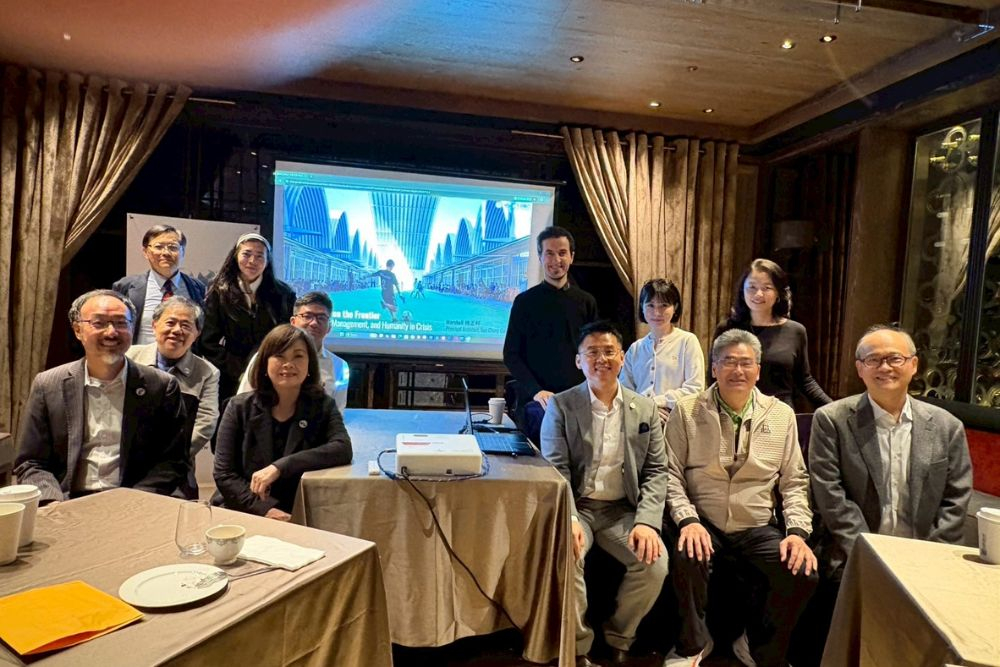

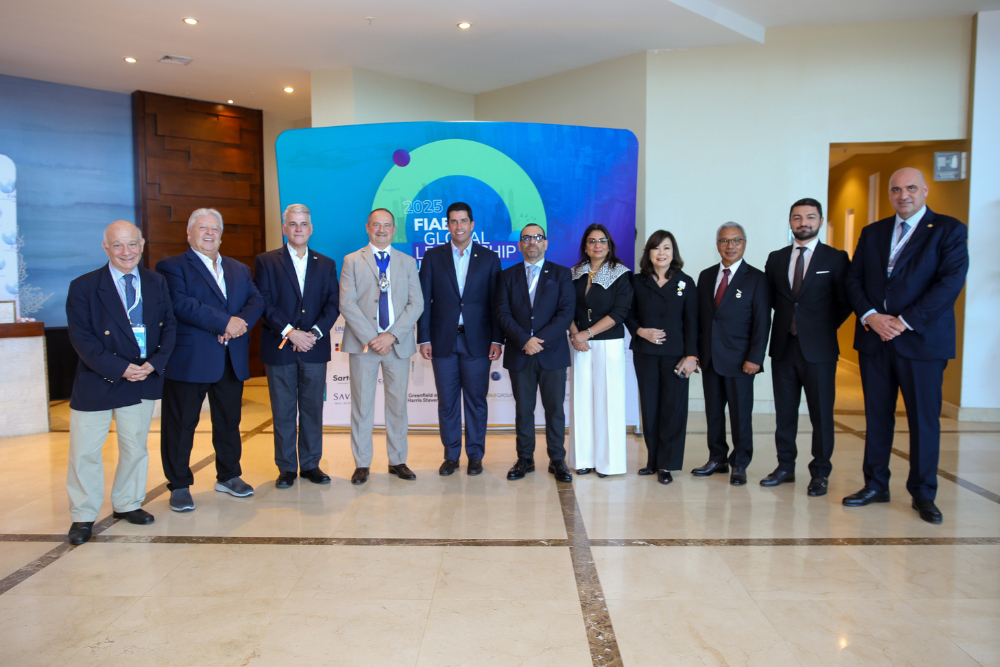
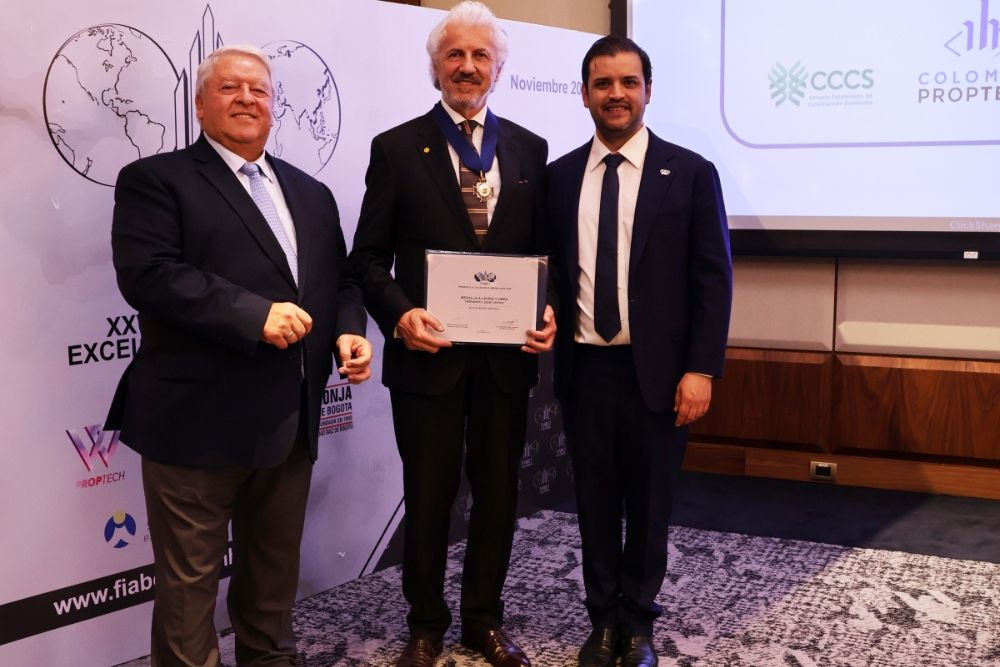

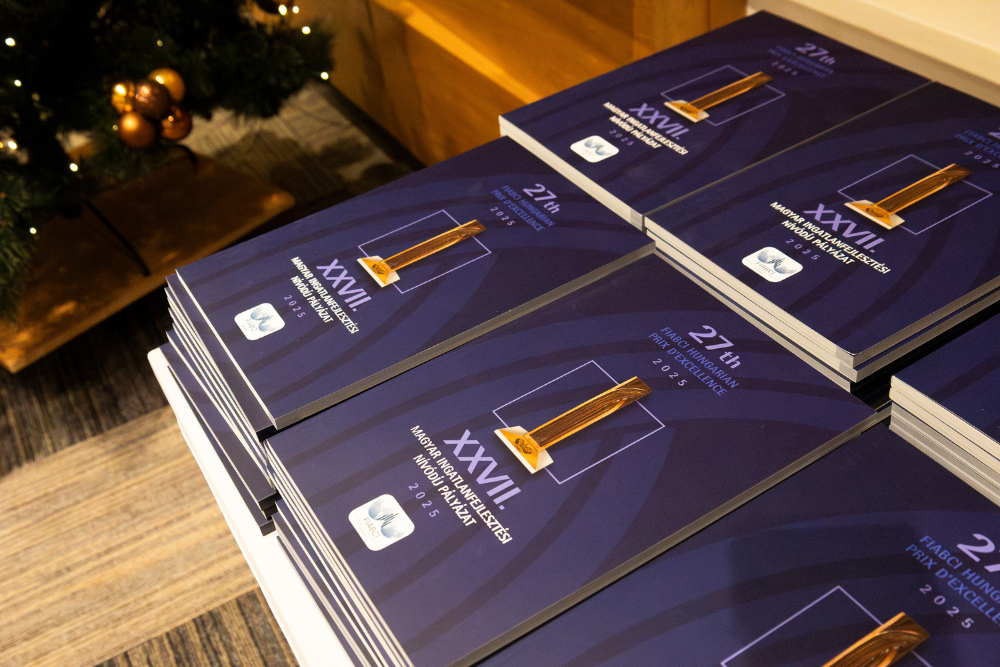
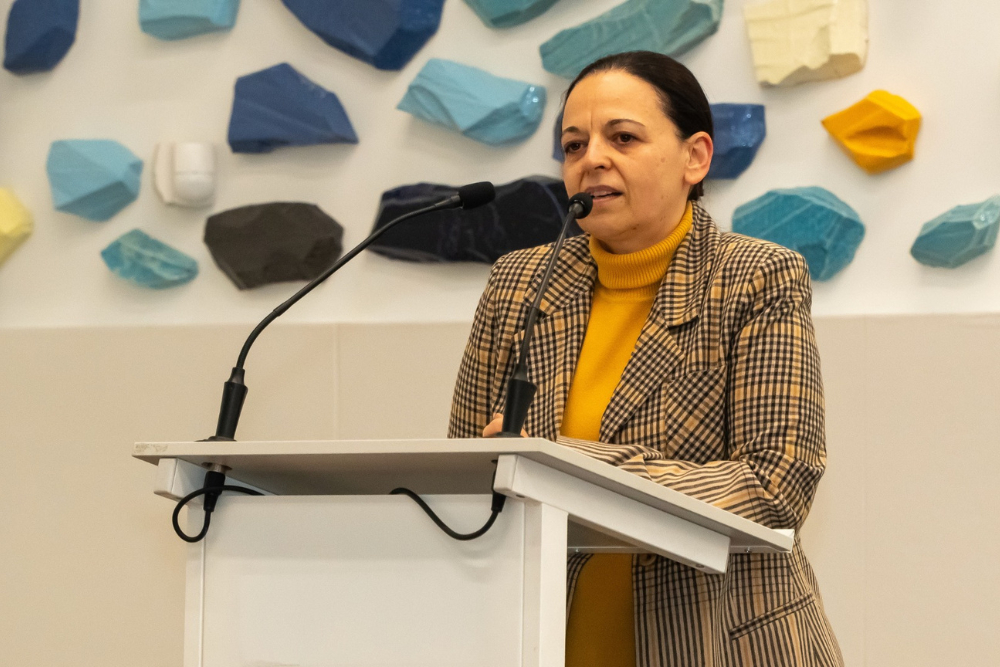
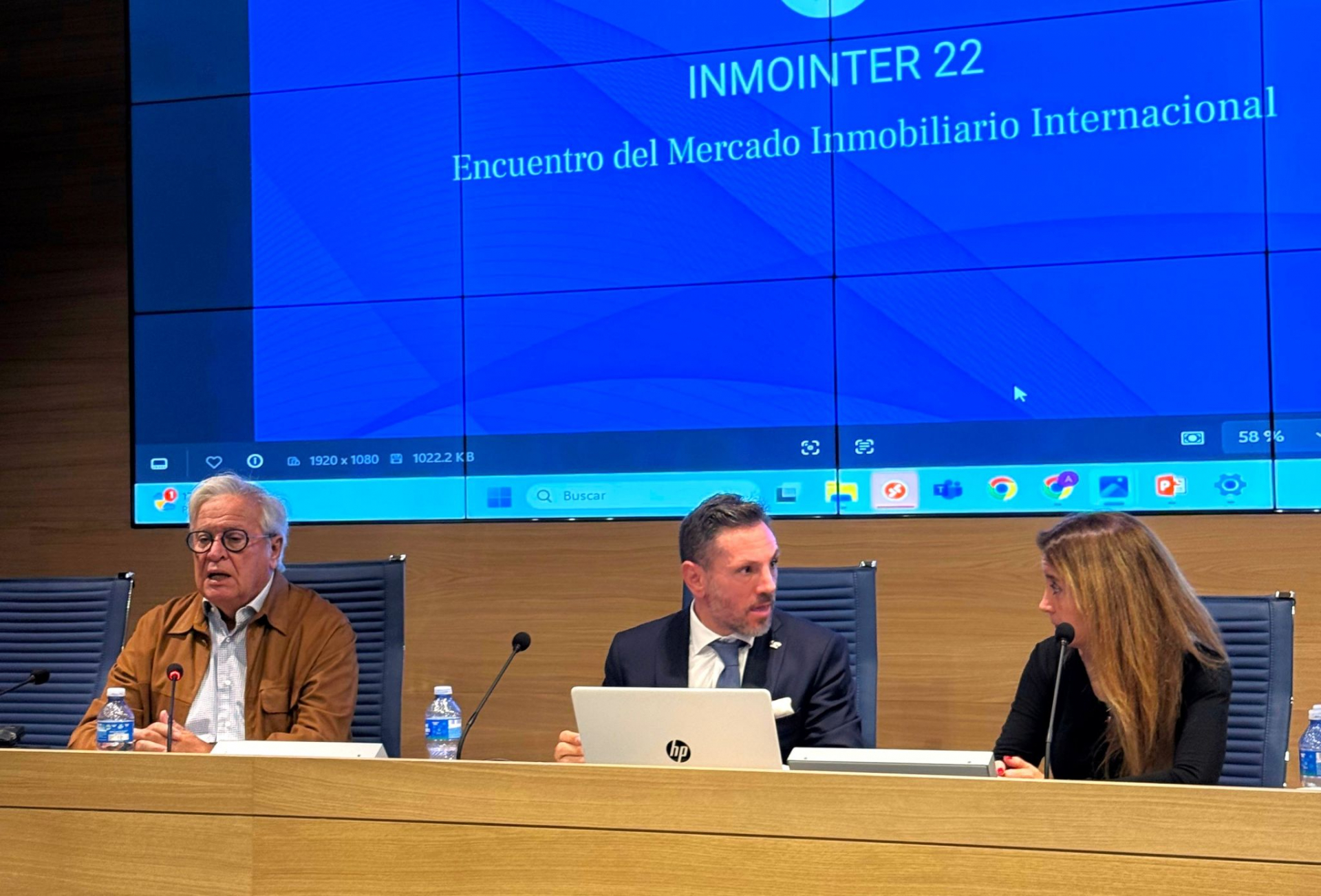

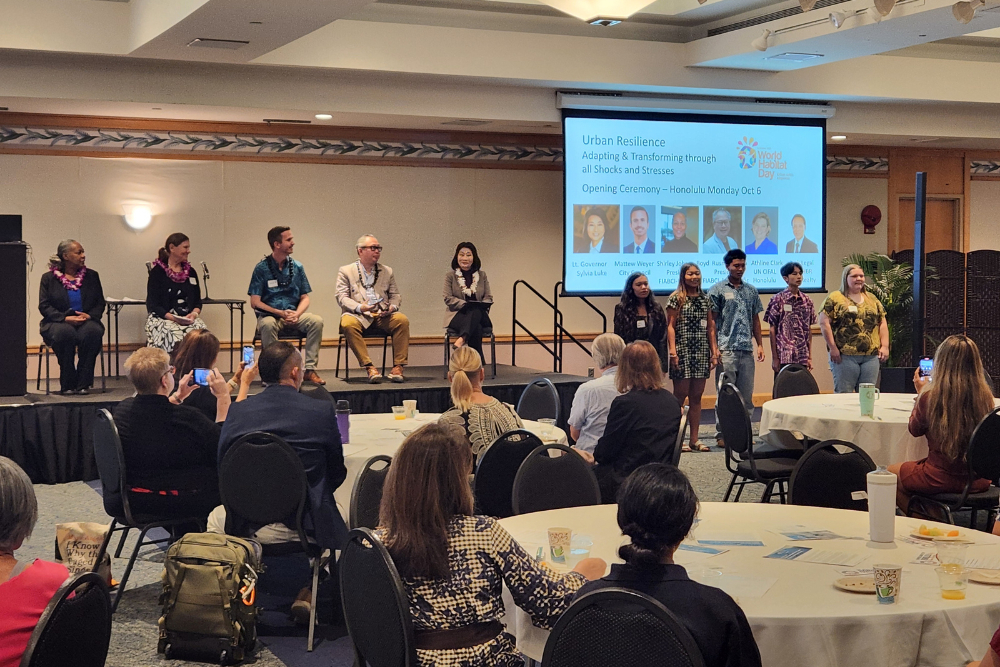
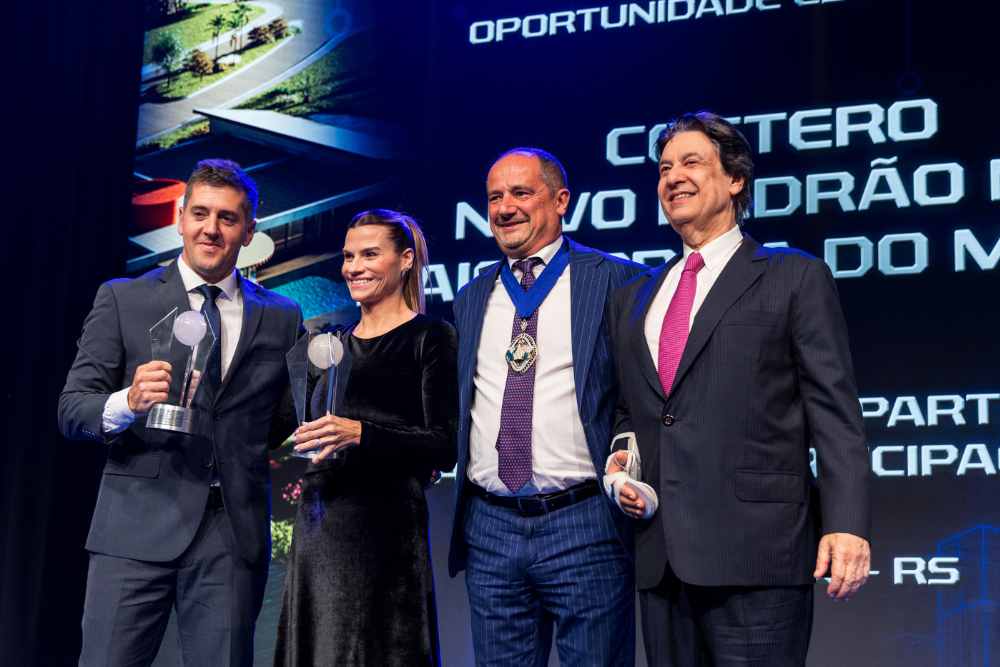

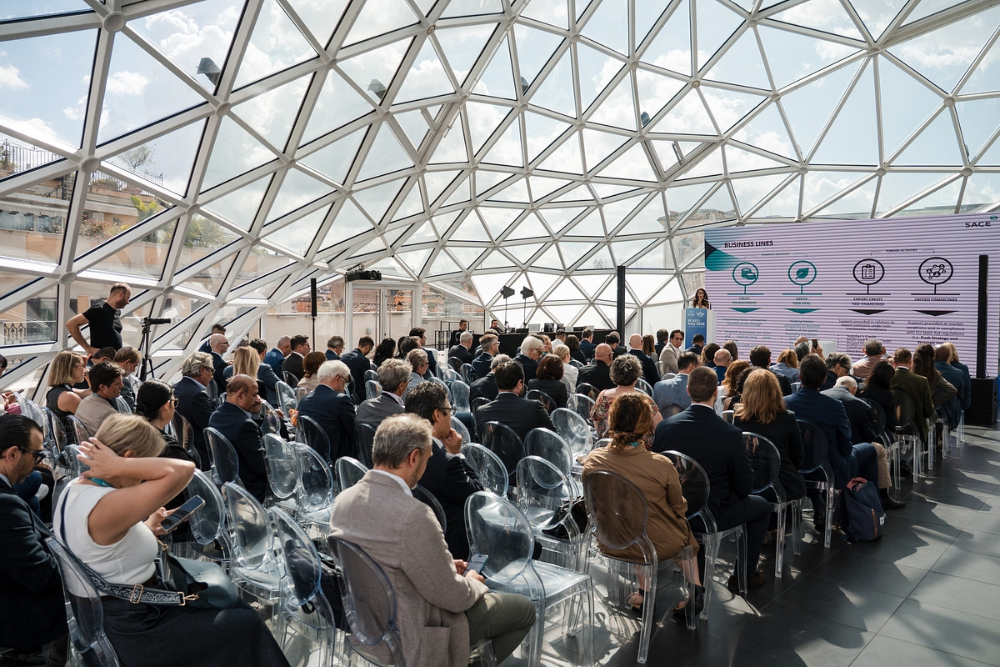
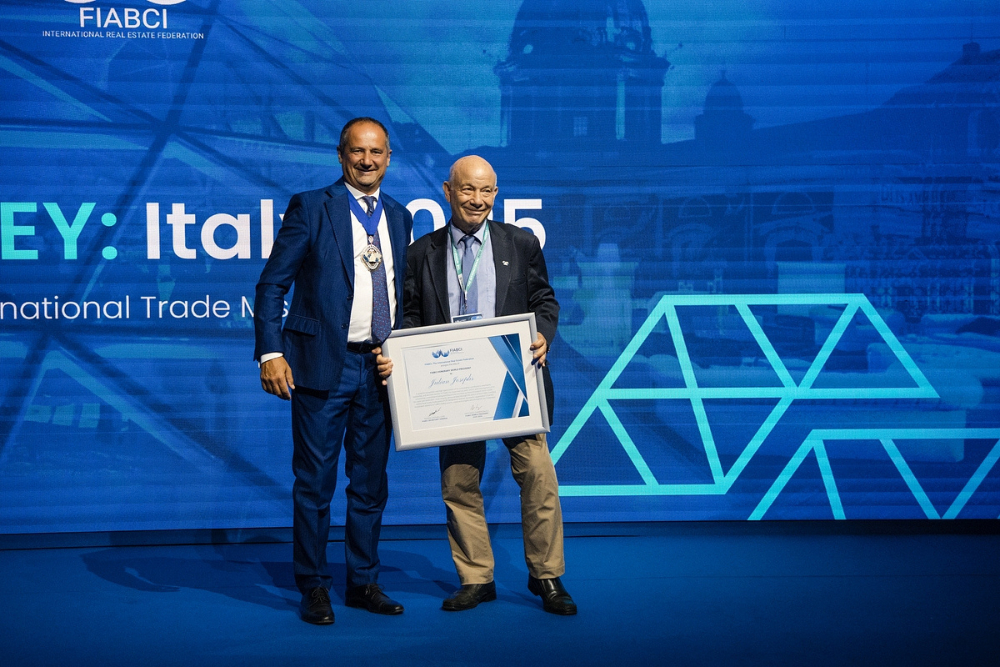



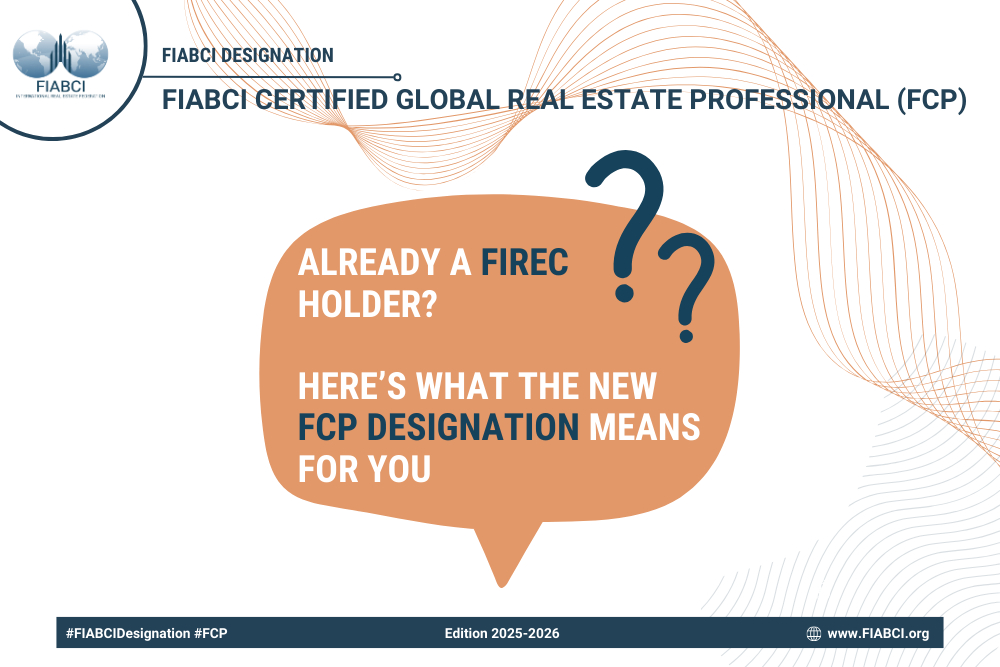
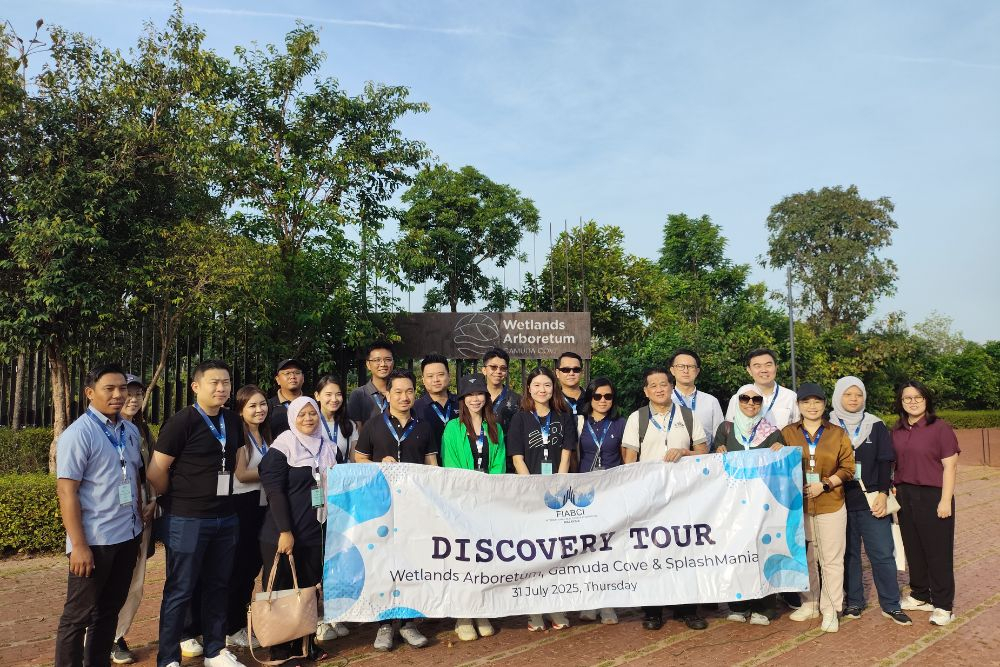
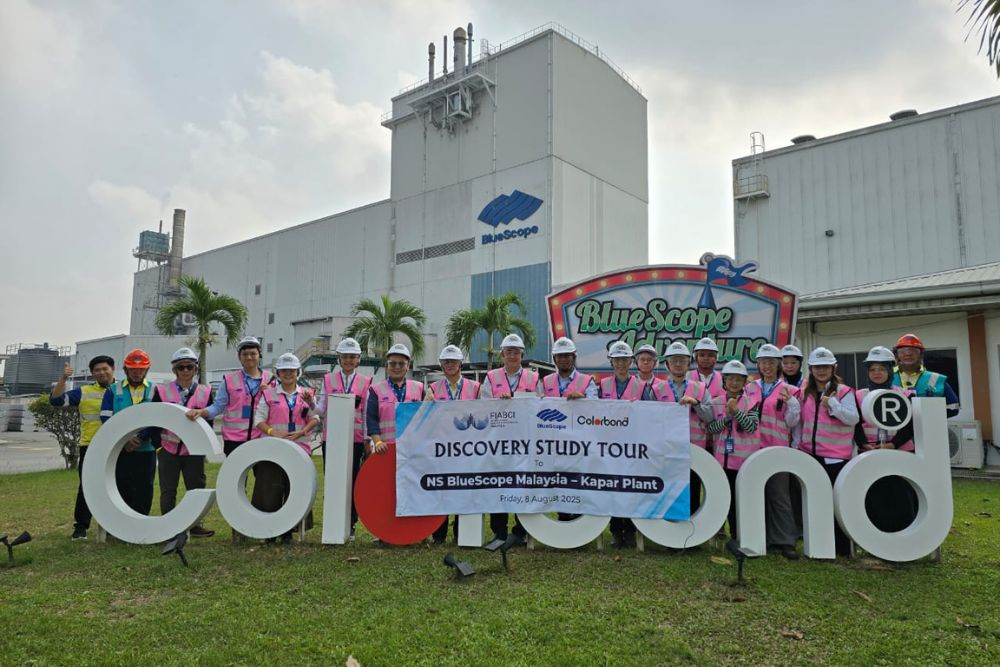





















































































































































































































































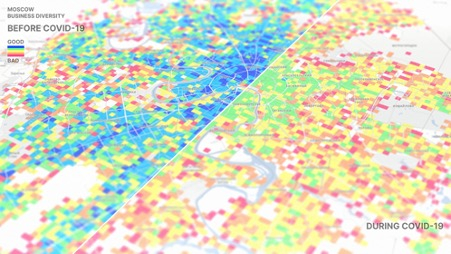




































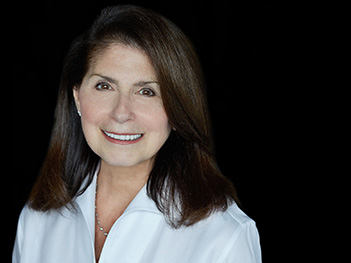






































![[Webinar Summary] COVID-19: What lies ahead for the Real Estate Industry?](/uploads/news/9i1w05plq2ksbcswuyj5ze2nr.png)



















































